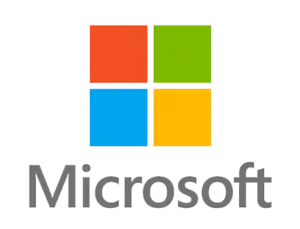Microsoft warns its users as increasingly sophisticated scams become more prevalent. Falling for one can cost you dearly. On top of financial costs, threat actors could also obtain sensitive information.
One such scam is a professional looking Pop-Up claiming your device is compromised. It prompts you to call a fake call centre number. Once in a call, scammers will ask you to pay for unnecessary help.
Though Tech support scams have been around for some time now, they are becoming more advanced. The perpetrators share resources, leads, referrals and payment processors turning it into a more organised enterprise. Ultimately this means as their tactics become more refined and advanced they may occasionally dupe even the more computer literate individuals. Spreading awareness is key so that users know what to watch out for and be cautious.
It is worth noting that –
- All communication with Microsoft must be initiated by you. Microsoft would never send you unsolicited messages requesting any personal and financial information or to provide you technical support.
- Real warning messages from Microsoft never include any phone numbers.
- Only download software from official sources. Downloads from third-party sites could have been modified without the author’s knowledge to contain malware and other threats.
- You would never be asked for payment from Microsoft technical support in the form of cryptocurrency or gift cards.






